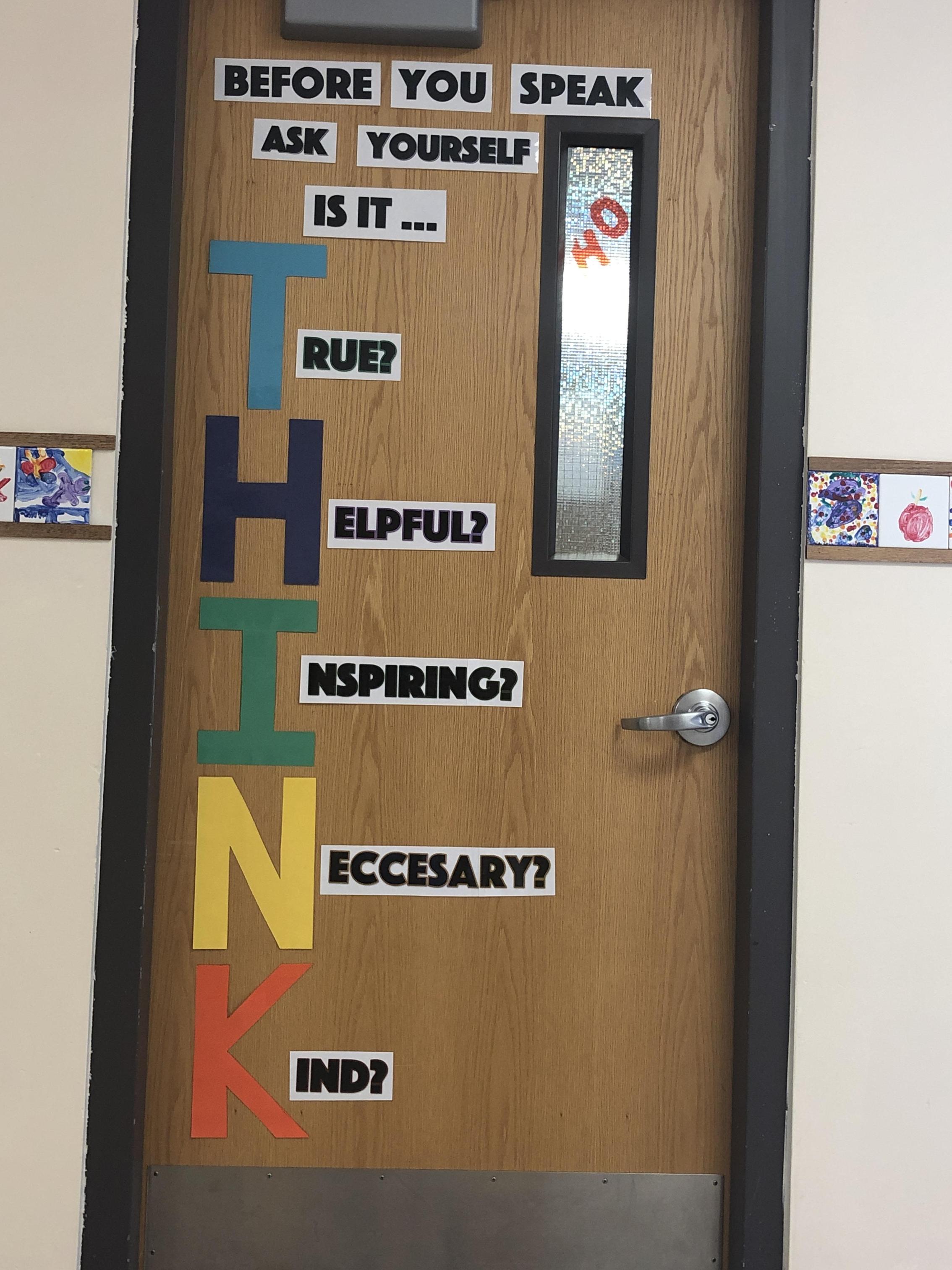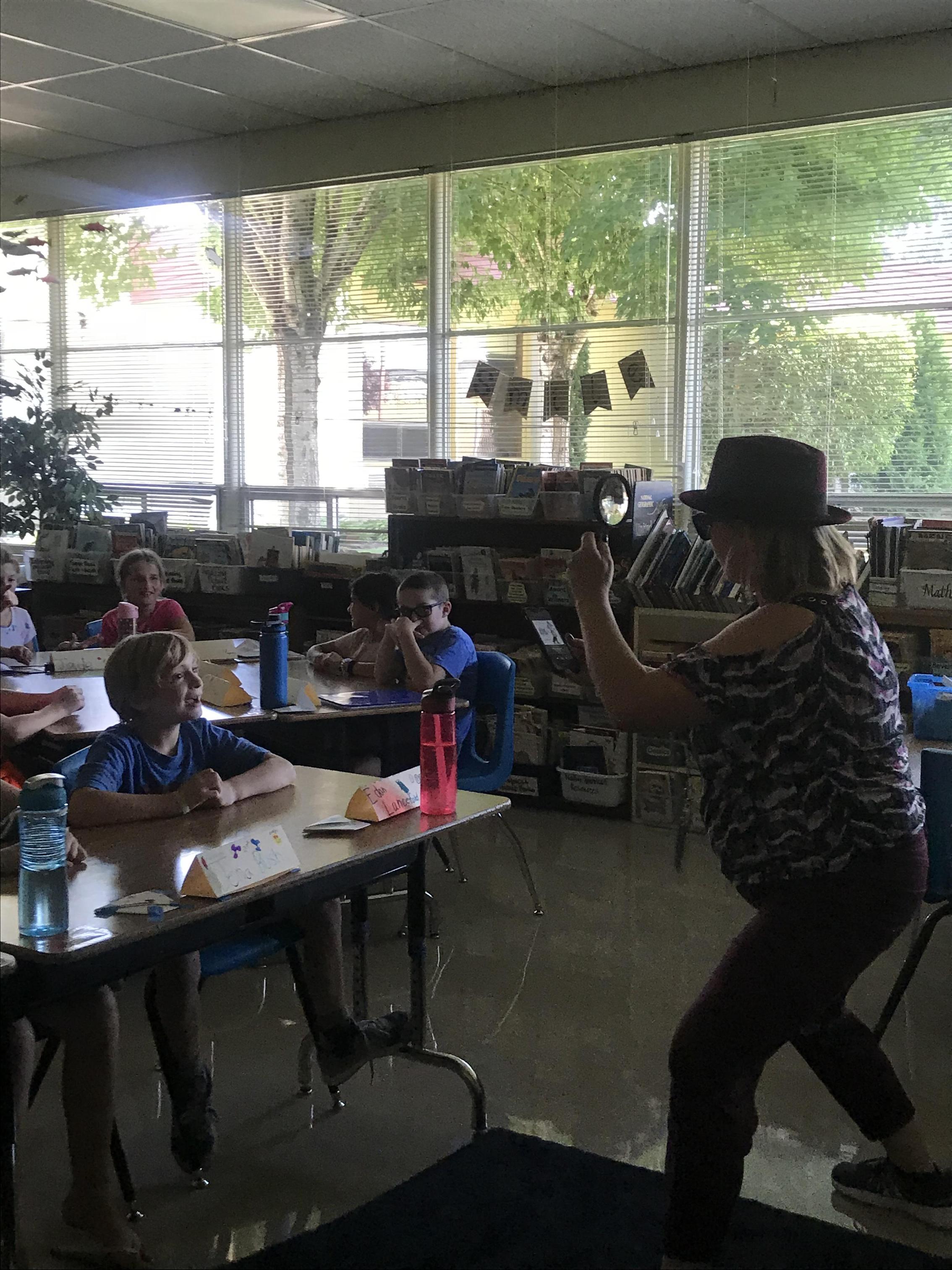Guidance Lessons
In a world where emotional intelligence is critical for lifelong happiness, successful careers, and healthier relationships, social-emotional learning (SEL) is the process through which children and adults can better understand, manage, and express emotions and empathy, develop positive relationships, and make responsible decisions. SEL curricula teach children techniques that help them gain confidence, set and achieve positive goals, collaborate well, and navigate the world more effectively—adding a highly valuable dimension to education in the classroom. (CASEL, “What is SEL?”)
Here are some resources from Committee for Children explaining SEL:
We utilize the Second Step Curriculum as the basis for our guidance lessons in the FGSD elementary schools.
Second Step is a program rooted in social-emotional learning (SEL) that helps transform schools into supportive, successful learning environments uniquely equipped to encourage children to thrive. More than just a classroom curriculum, Second Step’s holistic approach helps create a more empathetic society by providing education professionals, families, and the larger community with tools to enable them to take an active role in the social-emotional growth and safety of today’s children. SecondStep.org
Guidance lessons are presented in each classroom weekly. During these lessons we focus on skills to help with our Social Emotional Learning.
Second StepTopics we cover include:
- Skills for Learning: What skills do we need to be a good learner?
- Emotion Management: How can I recognize my emotions and calm down?
- Empathy: How can I recognize how others feel and what can I do to show I care?
- Problem Solving: What is the size of my problem? What can I do to solve problems?
- Bully Prevention: What is Bullying? How can I recognize it? What do I do if it happens to me or someone else?
- Child Protection: How can I stay safe? How do I recognize dangerous situations and what do I do?
Other Topics we cover include:
- Zones of Regulation
- Kelso's Choices: We learn about Kelso's nine choices we can use to help us solve small problems
- Career Development
- Life Skills - Character Development
- T.H.I.N.K. Before You Speak: Is it true? Is it helpful? Is it inspiring? Is it necessary? Is it kind?
- Tattling vs. Telling
Look for Weekly Guidance Lessons through google classrooms and this site as we adapt to remote learning!





